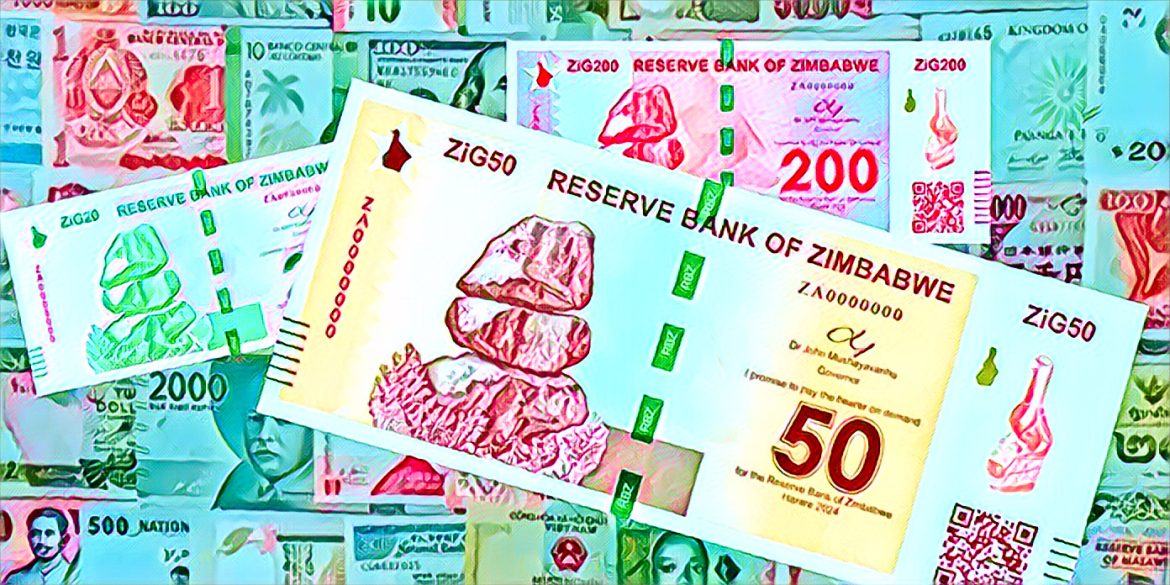KEY POINTS
- Zimbabwean wheat farmers demand payment in US dollars, rejecting local currency due to its depreciation.
- The government has agreed to pay 100% in US dollars to avoid wheat shortages.
- Experts warn the move could undermine efforts to strengthen the Zimbabwe Gold (ZWG) currency.
Zimbabwe’s farmers have thrown a wrench into the government’s plans to promote its new gold-backed currency, the Zimbabwe Gold (ZWG). Last week, wheat farmers refused to accept payments in local currency, insisting on being paid in US dollars for their harvests. This development puts the government in a tough spot as it tries to stabilize the economy and build foreign currency reserves.
The ZWG, introduced in April as part of efforts to tackle hyperinflation, has rapidly lost value, falling by 40% since its launch.
Farmers fear that accepting payments in a currency that continues to lose value would leave them unable to cover the rising costs of running their farms.
However, the insistence on US dollars could incite a wider rejection of ZWG across various sectors, further weakening the already unstable currency.
A pressing issue for the government
Staring at the risks of a shortfall in the availability of wheat as well as potential unrest, the government has caved into the exertions of farmers.
According to NewsDay, Grain Marketing Board GMB, chief executive officer, Edison Badarai declared that issuance of grain to wheat farmers will be paid in full US dollars.
“The winter wheat marketing price has been approved with 100% payment in USD currency,” Badarai confirmed in a circular.
This decision applies to all farmers, including those under the Presidential Input Program, allowing them to sell their wheat either to the GMB or the open market.
The current price per metric ton of wheat ranges between $ 450 and $ 470 for different grades of wheat. This is due to a consolidation between the GMB and the Zimbabwe Mercantile Exchange that enables farmers to store their produce and sell at better conditions that meet the market when the time is right.
Farmers breathe a sigh of relief
For many farmers, the change comes as a relief. Wonder Chabikwa, a former Zimbabwe Commercial Farmers Union president, explained that most farming expenses, from irrigation systems to inputs, are paid in foreign currency. “We prefer to be paid in USD because our farming costs are in USD,” Chabikwa said.
Farmers’ associations are also concerned about timely payments. Monica Chinamasa, president of the Zimbabwe National Farmers Union, said that delays in payments could add financial pressure if interest builds on debts.
“We pray and hope the payments will be made on time,” she remarked.
The bigger picture
The rejection of ZWG by farmers is a blow to the government’s plans to promote its currency.
Experts worry that paying farmers fully in US dollars undermines confidence in the ZWG.
Economist Gift Mugano noted that policymakers themselves, who pushed for the ZWG, seem unwilling to use it for important transactions. “This decision signals that the government lacks faith in its currency,” Mugano said.


